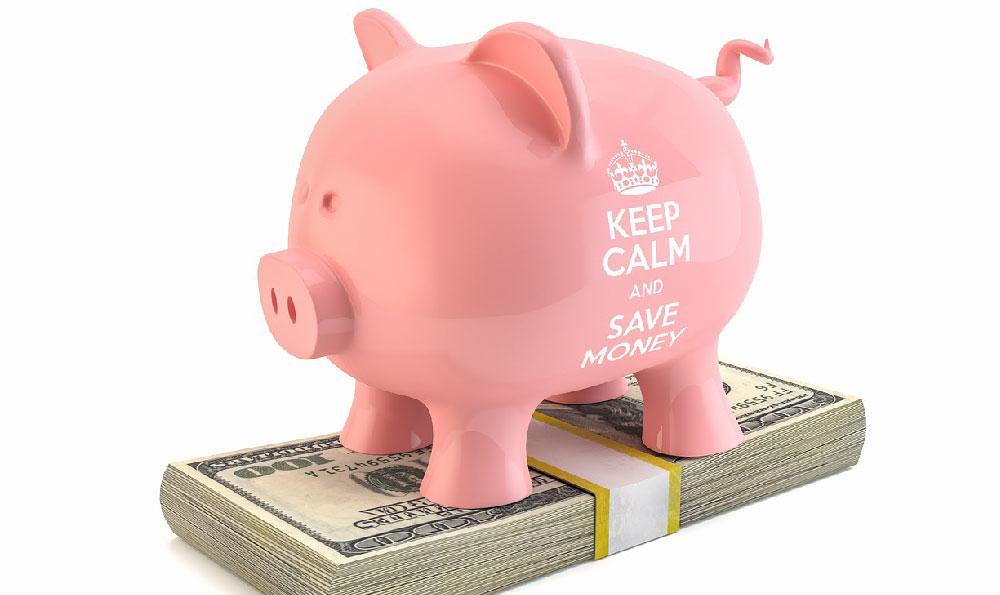Here's an article based on the provided title, aimed at being SEO-friendly and informative:
Can Credit Cards Earn Money? How to Profit from Credit Cards?
Credit cards, often perceived as tools for spending, can surprisingly become vehicles for earning money when wielded strategically. The key lies in understanding their benefits, rewards programs, and responsible usage. This article delves into the various ways you can leverage credit cards to your financial advantage, while also highlighting the pitfalls to avoid.

Unlocking Rewards: Cashback, Points, and Miles
The most common way credit cards can generate income is through their rewards programs. These programs typically offer cashback, points redeemable for merchandise or travel, or airline miles for every dollar spent. Understanding which type of reward aligns with your spending habits is crucial.
-
Cashback Cards: These offer a percentage of your spending back as cash, usually deposited into your account monthly. They are straightforward and ideal for those who prefer simple, tangible rewards. Some cards offer tiered cashback, with higher percentages for specific categories like groceries or gas.
-
Points Cards: Points cards award points for every purchase, which can then be redeemed for various rewards, including gift cards, merchandise, and travel. The value of a point varies depending on the redemption option, so it's important to research and compare.
-
Travel Rewards Cards: These cards are tailored for frequent travelers and offer rewards like airline miles or hotel points. Redeeming these points for flights or hotel stays can often provide significant value, especially for premium travel experiences. Some travel cards also offer perks like airport lounge access and travel insurance.
Maximizing Rewards: Strategic Spending and Category Bonuses
To truly profit from credit card rewards, you need to be strategic about your spending. Many cards offer bonus rewards for specific categories like dining, groceries, or gas. By using the right card for the right purchase, you can significantly increase your earnings.
For example, if you have a card that offers 5% cashback on gas purchases, use that card exclusively for filling up your car. Similarly, if another card offers bonus points for dining out, use it whenever you eat at a restaurant. Tracking your spending and aligning it with your card's bonus categories can lead to substantial reward accumulation.
Sign-Up Bonuses: A Quick Boost to Your Earnings
Credit card companies often offer enticing sign-up bonuses to attract new customers. These bonuses typically require you to spend a certain amount within a specific timeframe, such as $3,000 in the first three months. Successfully meeting this spending requirement can unlock a significant bonus, often worth hundreds of dollars in cashback, points, or miles.
However, it's crucial to ensure you can comfortably meet the spending requirement without overspending or incurring debt. Don't be tempted to buy things you don't need just to qualify for the bonus.
Balance Transfers: Saving Money on Interest Payments
While not directly earning money, balance transfers can save you a significant amount of money on interest payments, effectively freeing up cash for other investments or savings. If you have high-interest debt on other credit cards, transferring it to a card with a lower interest rate (or even a 0% introductory rate) can save you hundreds or even thousands of dollars in interest over time.
However, be aware of balance transfer fees, which are typically a percentage of the transferred amount. Also, make sure you can pay off the balance before the introductory rate expires, as the interest rate will likely jump significantly afterward.
Credit Card Perks: Hidden Benefits and Savings
Beyond rewards and sign-up bonuses, credit cards often offer a range of perks and benefits that can save you money. These may include:
- Purchase Protection: Protection against theft or damage for a certain period after purchase.
- Extended Warranty: Extends the manufacturer's warranty on eligible purchases.
- Travel Insurance: Coverage for trip cancellations, delays, and lost luggage.
- Rental Car Insurance: Coverage for damage or theft of rental cars.
- Concierge Services: Assistance with booking travel, making reservations, and accessing event tickets.
Familiarize yourself with the benefits offered by your credit cards and take advantage of them whenever possible.
The Importance of Responsible Usage: Avoiding Debt and Fees
While credit cards can be powerful tools for earning money, they can also be a source of financial trouble if not used responsibly. It's crucial to avoid accumulating debt and incurring fees.
- Pay Your Balance in Full Every Month: This is the most important rule. Paying your balance in full avoids interest charges, which can quickly erode any rewards you earn.
- Avoid Late Payments: Late payment fees can be costly and can negatively impact your credit score.
- Stay Below Your Credit Limit: Exceeding your credit limit can result in over-the-limit fees and can also damage your credit score.
- Monitor Your Spending: Keep track of your credit card spending to ensure you don't overspend and can pay your balance in full.
Conclusion: Credit Cards as Financial Tools
Credit cards can be valuable financial tools for earning rewards, saving money, and accessing valuable perks. However, it's essential to use them responsibly and avoid accumulating debt. By understanding the benefits, rewards programs, and potential pitfalls of credit cards, you can leverage them to your advantage and improve your financial well-being. Remember to always pay your balance in full and on time to avoid interest charges and maintain a good credit score. Choose cards that align with your spending habits and maximize your rewards by using them strategically. With careful planning and responsible usage, credit cards can indeed earn you money.












